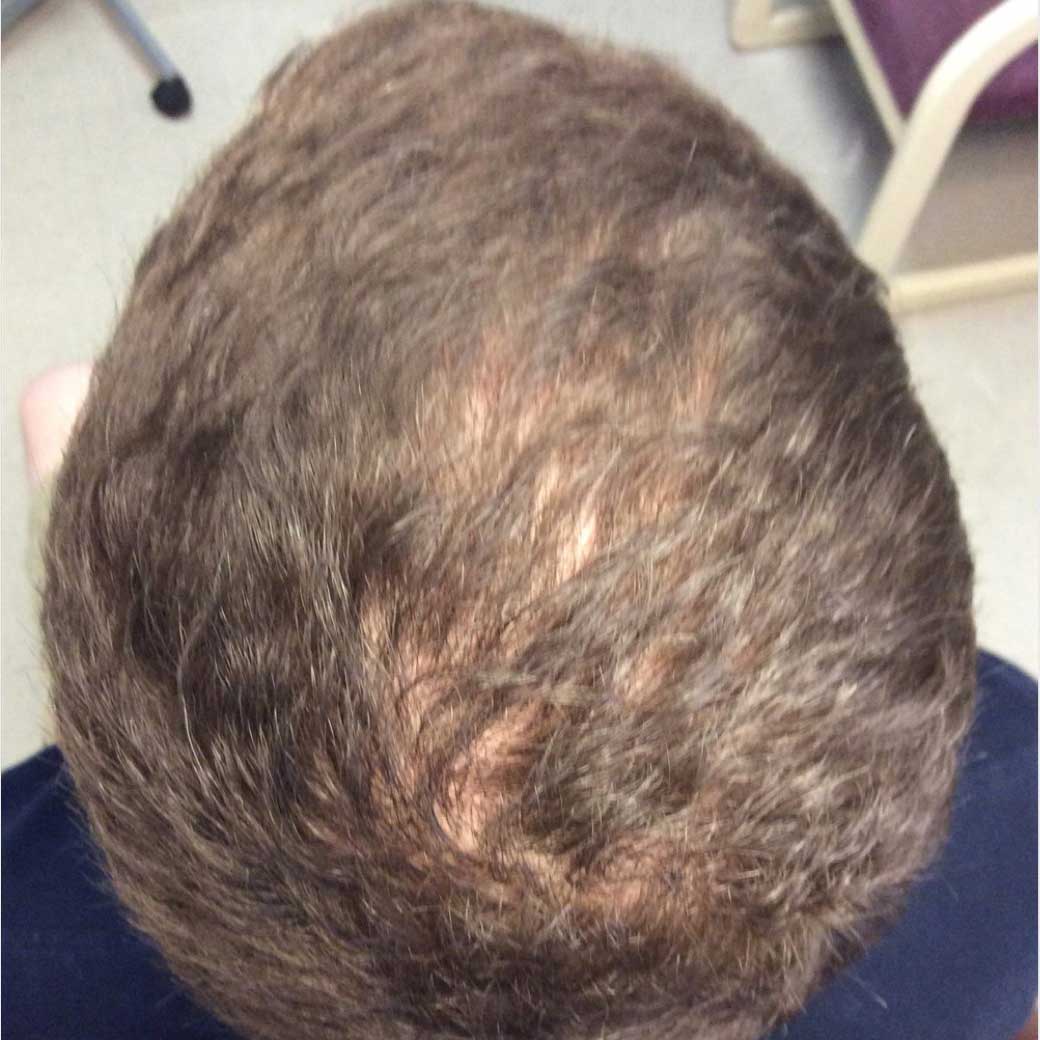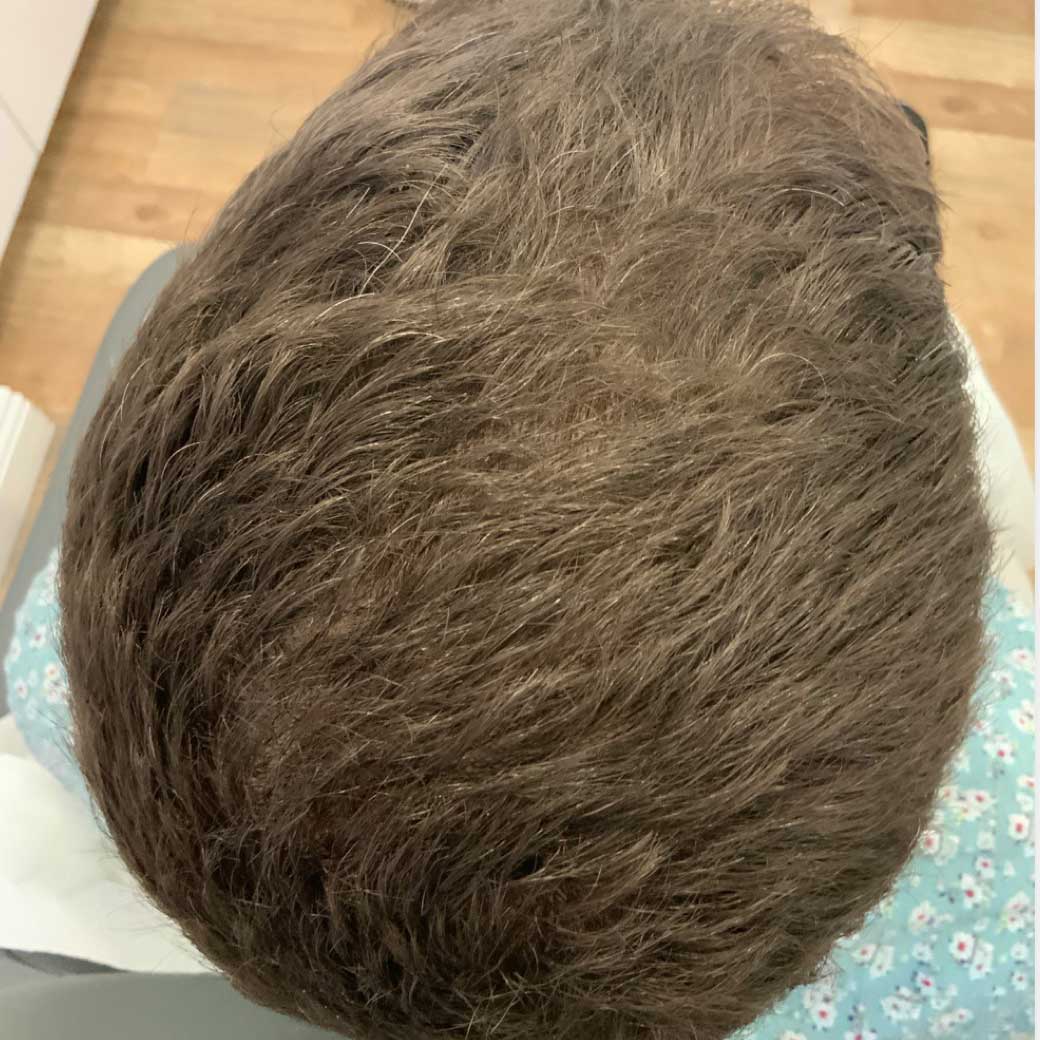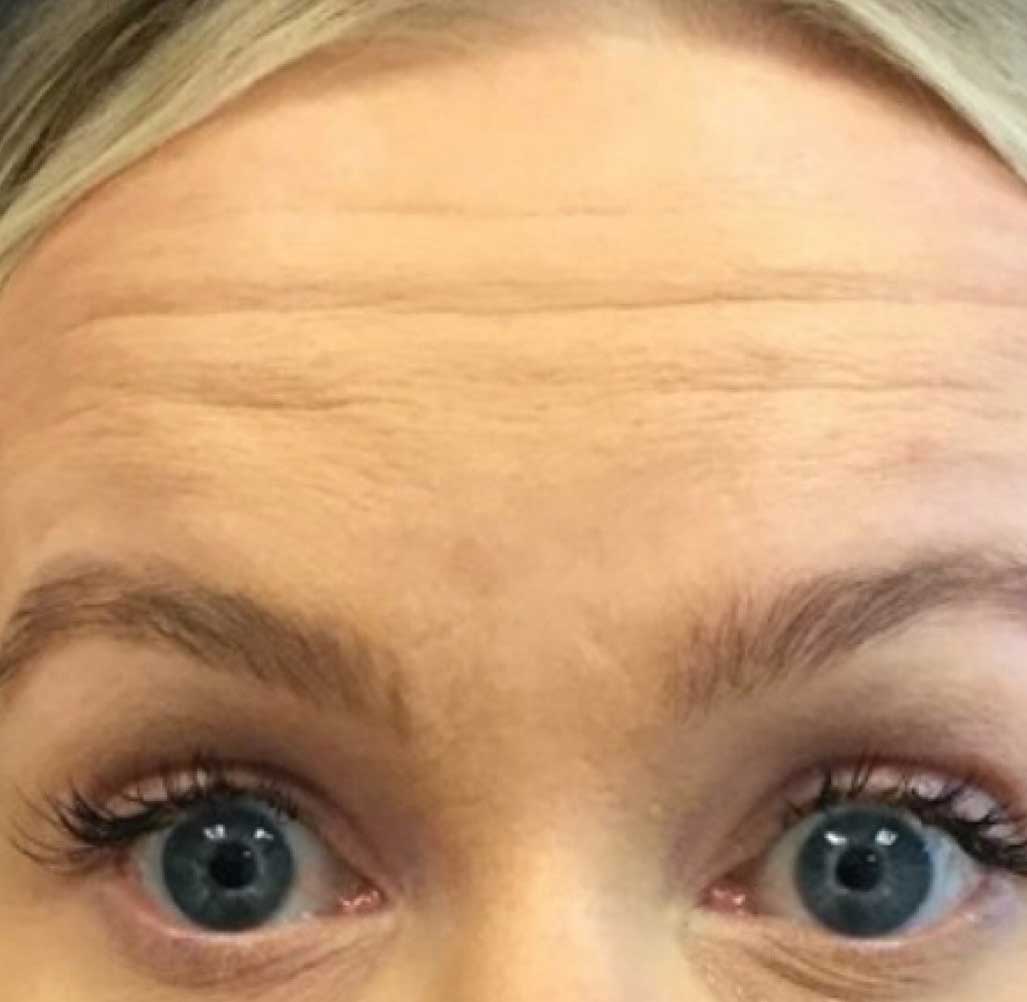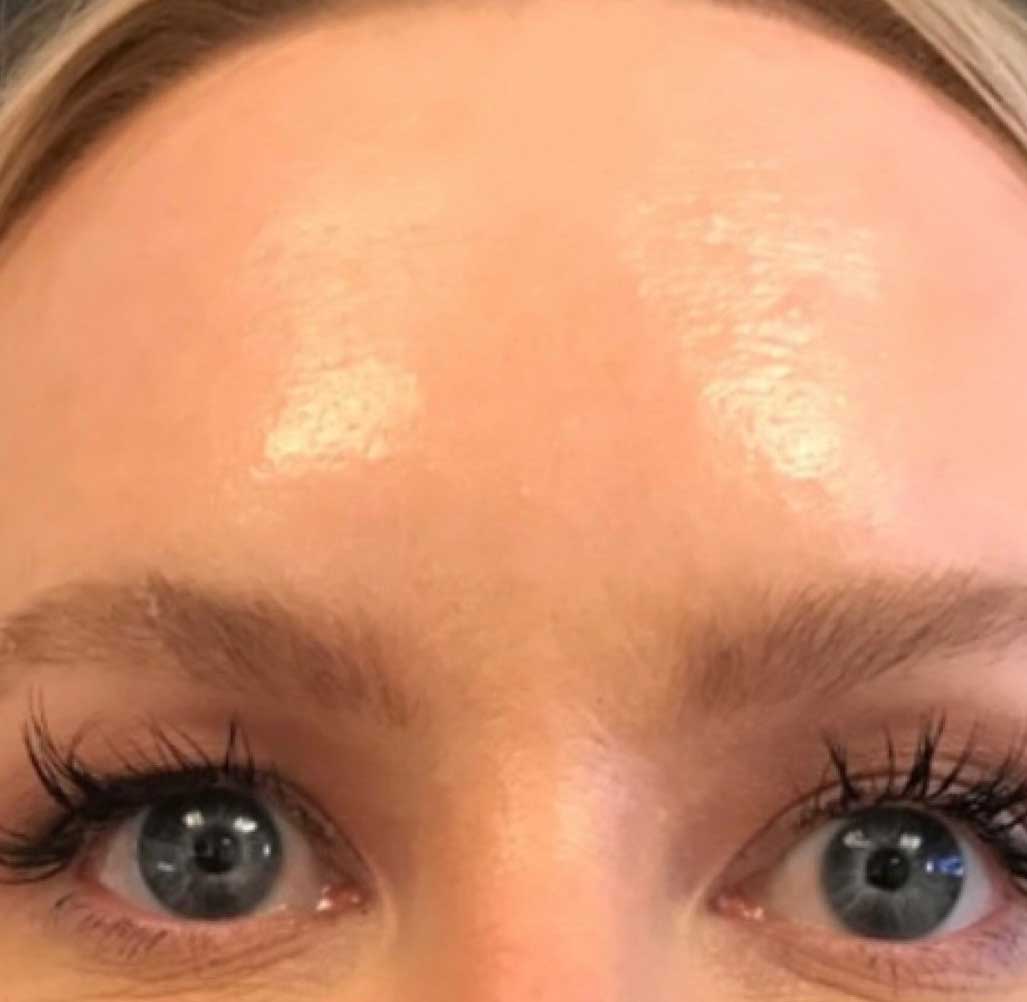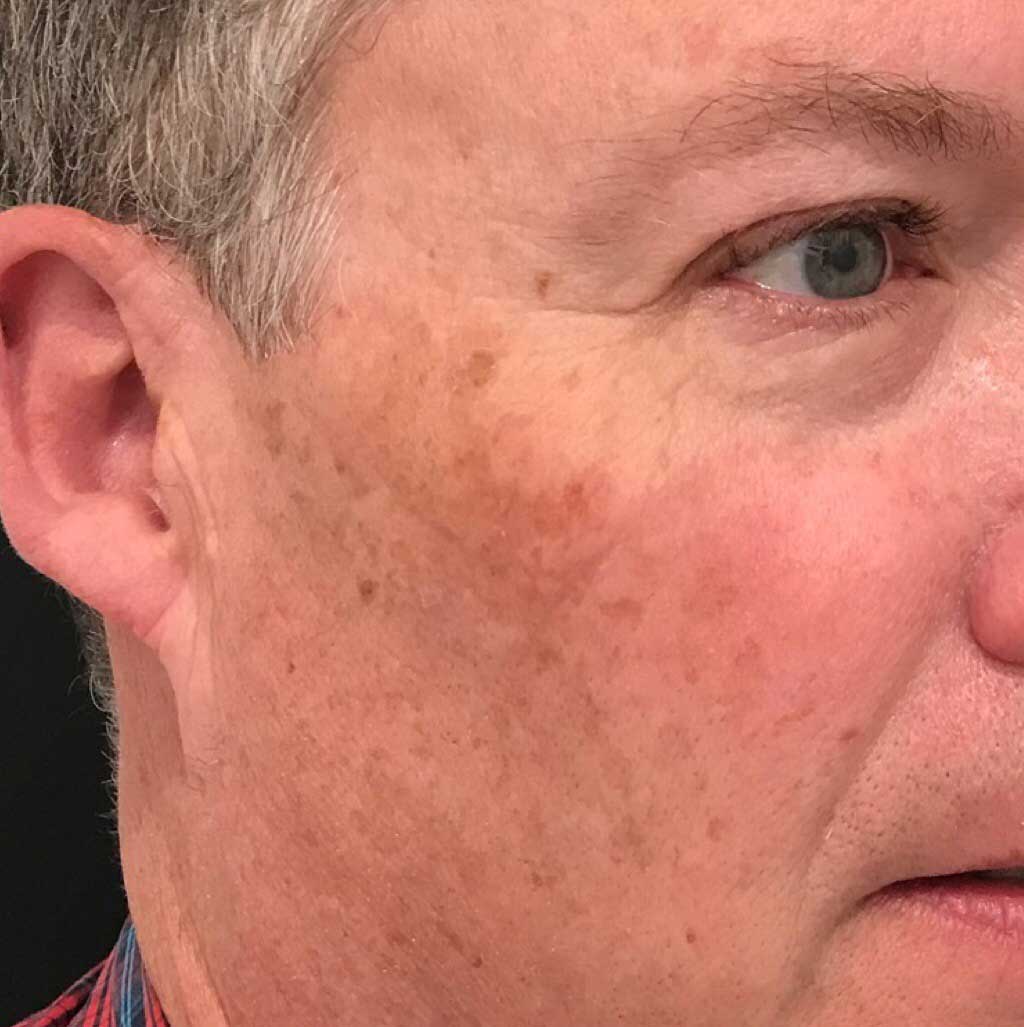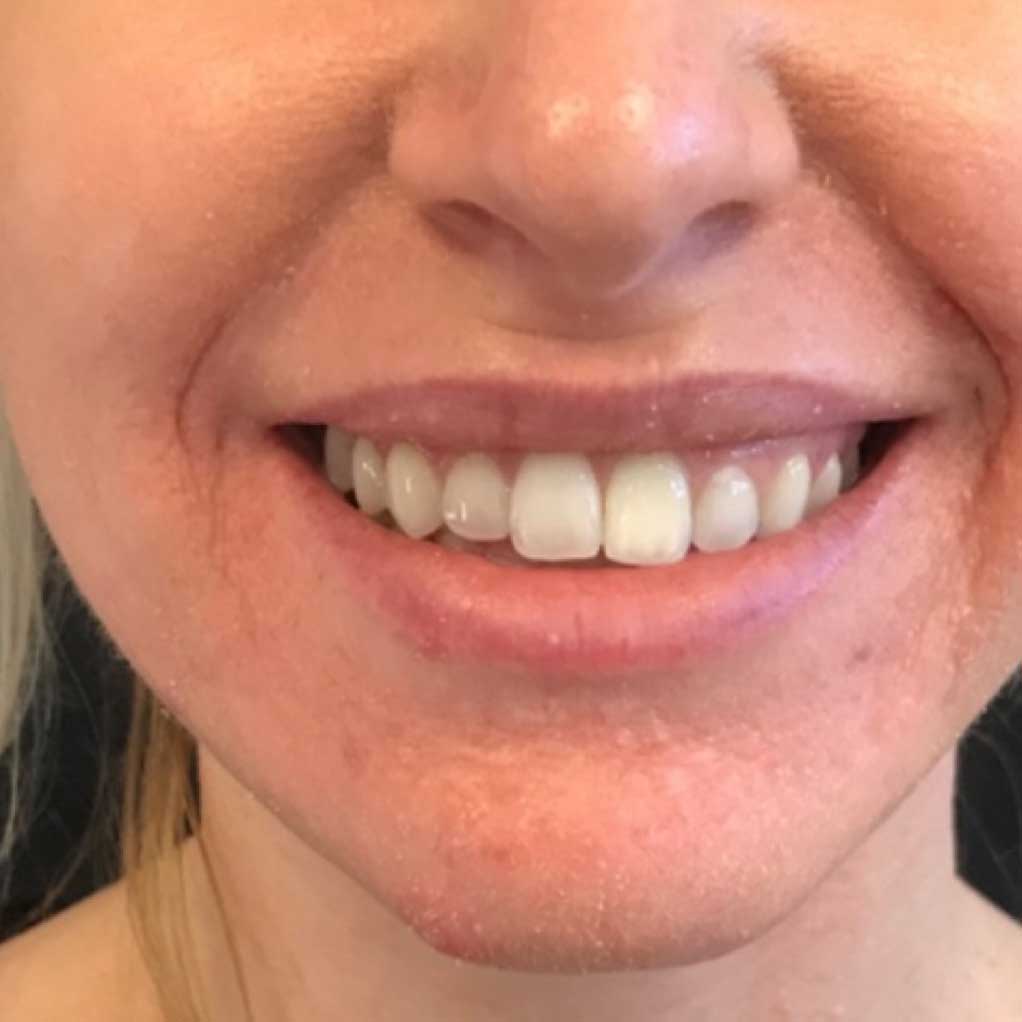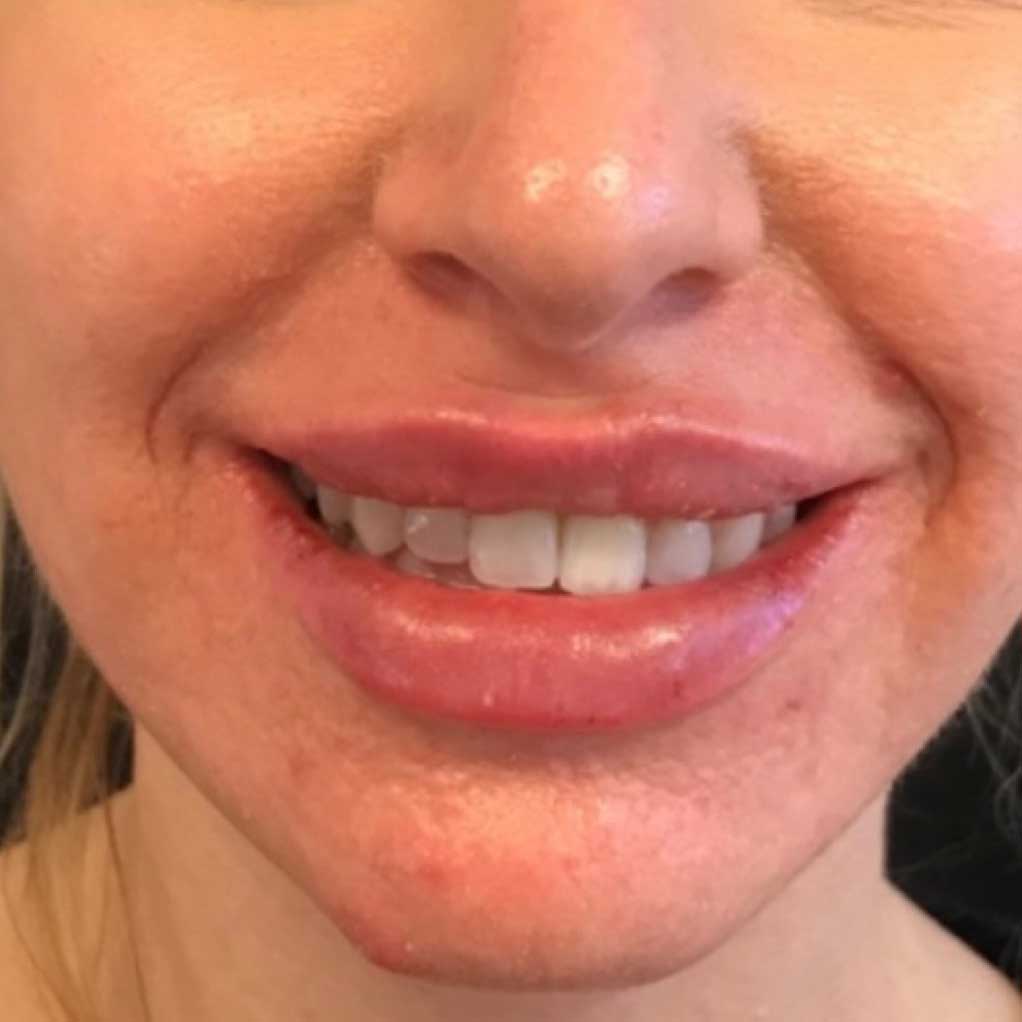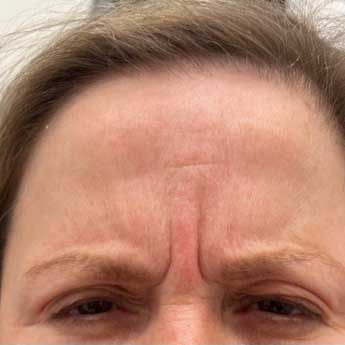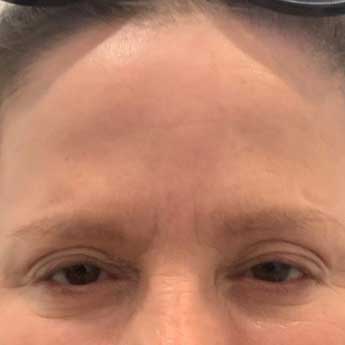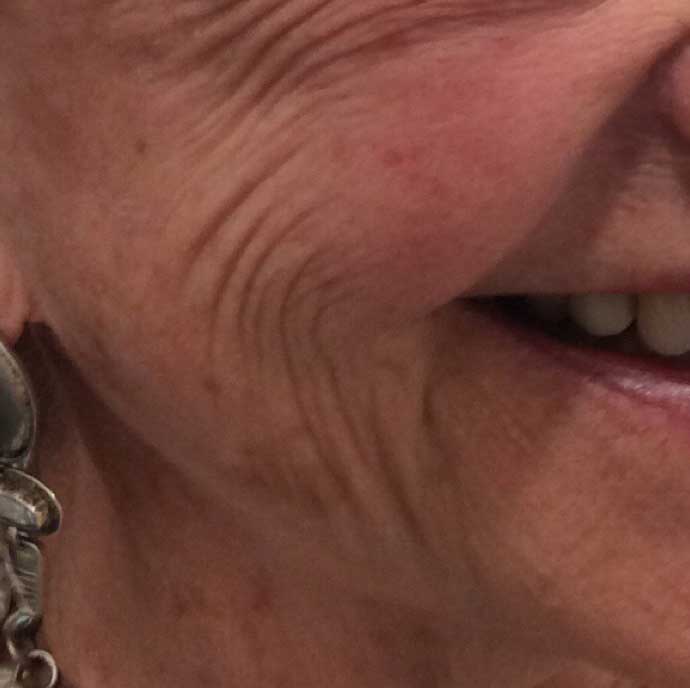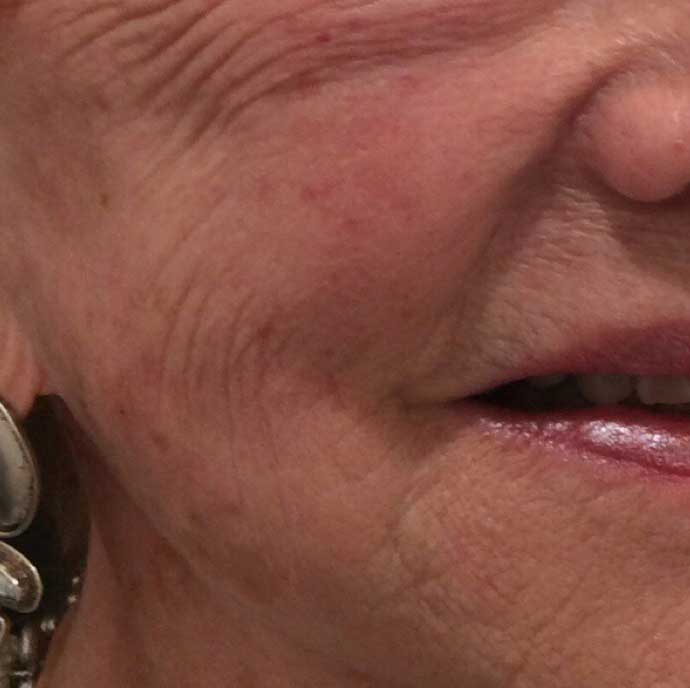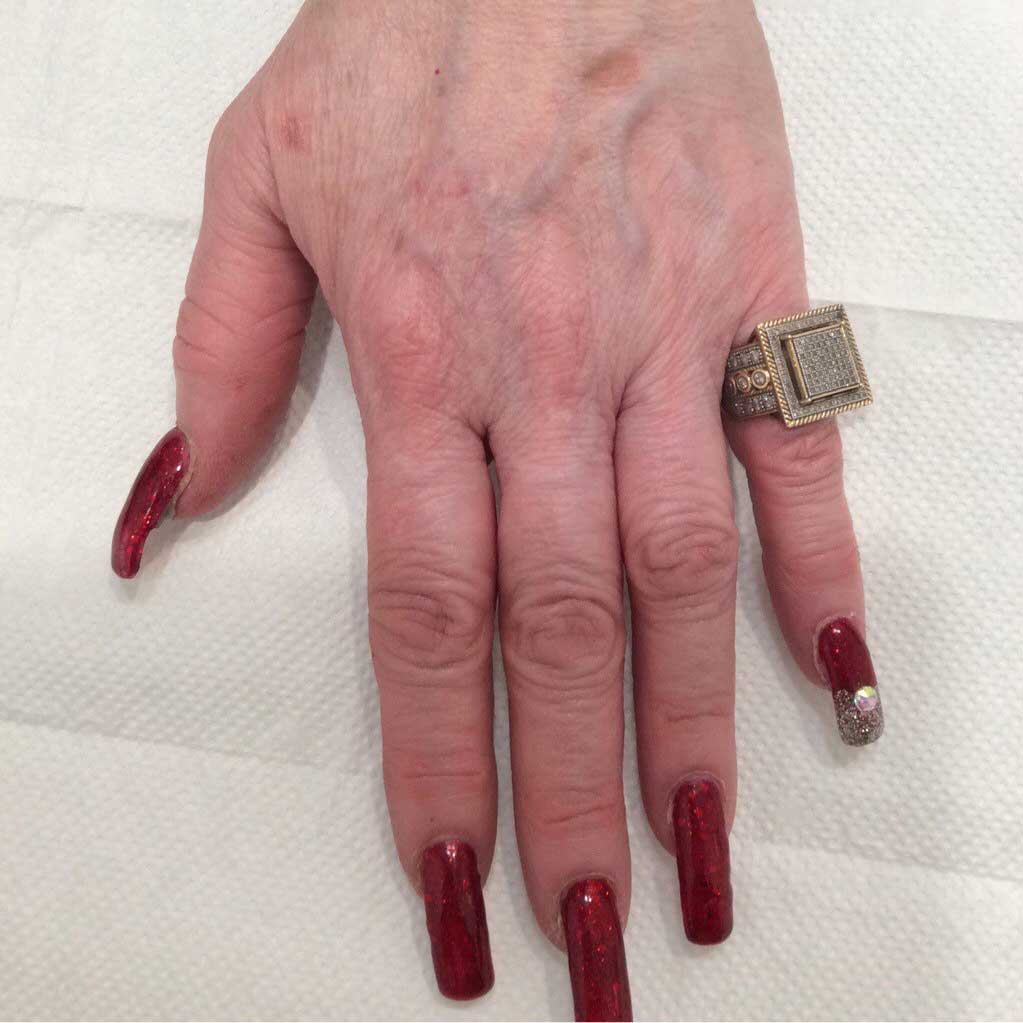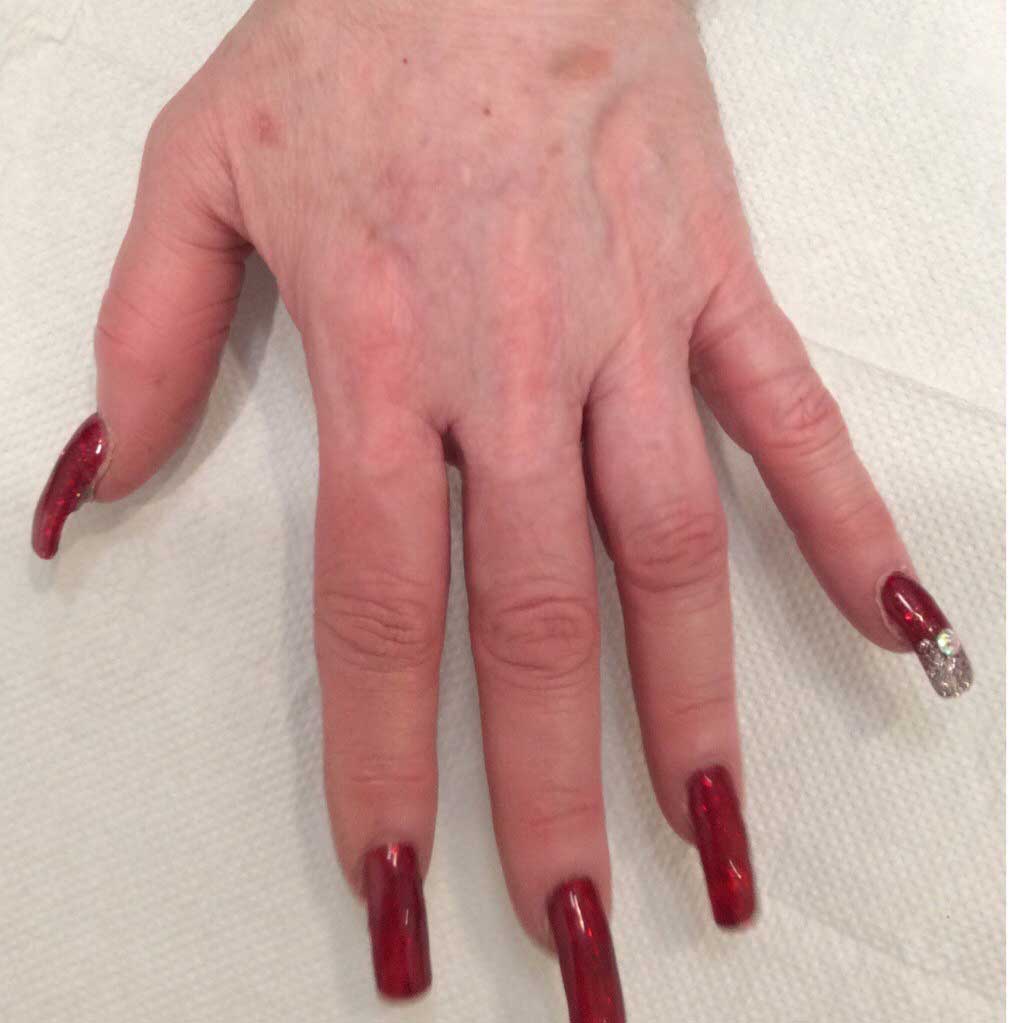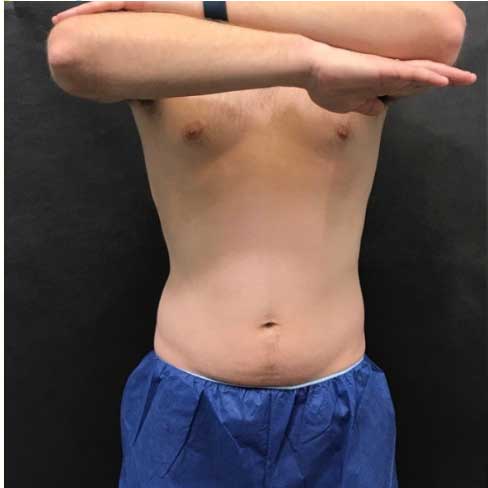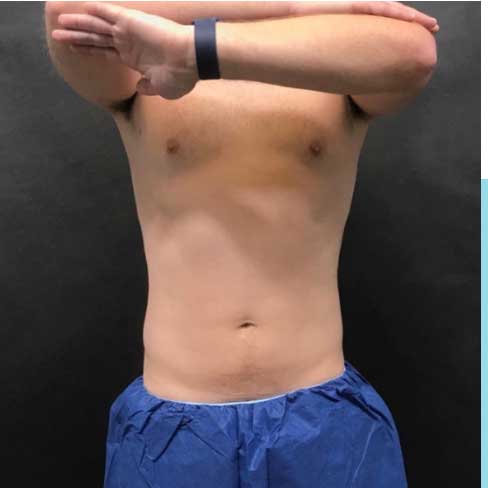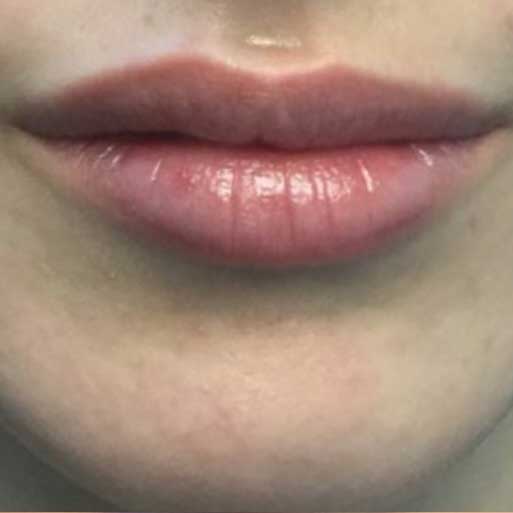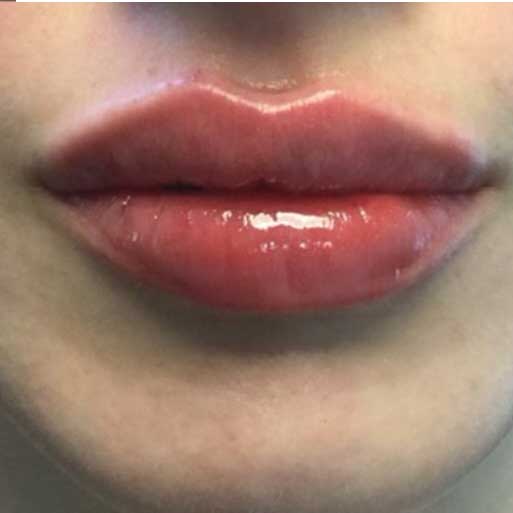Hormone Replacement Therapy for Men
Conveniently located to serve the areas of Mountain View, San Jose and Carmel, CA

Hormone replacement therapy (HRT) for men is a customizable treatment that can significantly improve men’s overall well-being and quality of life.
As men age, their bodies undergo changes due to the fluctuation of hormone levels, leading to a range of symptoms related to low testosterone (Low T) and andropause, the male equivalent of menopause. Problems such as erectile dysfunction, fatigue, muscle loss, mood swings, decreased libido, and even osteoporosis are common. HRT involves supplementing testosterone levels through testosterone replacement therapy (TRT), methods such as injections, gels, patches, or pellets can help to mitigate and resolve these issues.
For men experiencing any of the symptoms mentioned or suspected hormonal imbalances, Wunderbar Medspa can provide relief. Under the guidance of our esteemed team of nurses, aestheticians, and other medical professionals, our practice delivers the highest quality, safest care for all male patients looking to revive their vitality through HRT. Patients can reach our team by filling out their information through our contact form or reaching us at one of the available locations:
Contents
- 1 About Testosterone
- 2 Benefits of HRT for Low Testosterone
- 3 Candidates for TRT
- 4 Personal Consultation
- 5 Preparation
- 6 TRT Treatment Options
- 7 What About Over-the-Counter Testosterone?
- 8 Corresponding & Complementary Procedures
- 9 Cost of Hormone Replacement Therapy for Men in Mountain View
- 10 FAQ
- 11 References
About Testosterone
As a hormone that is vital for both male and female development, testosterone plays a critical role of maintaining and rebuilding muscle, bone density, and all aspects of sexual health. Since testosterone levels are so much higher for men than women, the hormone makes a much more significant impact on health. It helps regulate mood, energy levels, and other secondary sex characteristics.
Still, low testosterone is a condition that is not always well-understood or easily diagnosed; clinicians often mistake symptoms of low T as symptoms of another health concern. This is why monitoring testosterone levels is an important aspect when implementing HRT.
Andropause
Andropause is a natural phenomenon that can begin to take effect around age 40. Often coined as “male menopause” , andropause is characterized by a decrease in the production of testosterone, specifically the kind that is not attached to the protein within the body. Studies have shown that as soon as men reach their mid-30’s, protein-bound testosterone decreases by 1% with every passing year.
Another type of testosterone deficiency- one that is considered a disorder- is called late-onset hypogonadism (LOH). It is caused by an abnormally low level of “free” testosterone, the T that is unbound by protein but still present within the blood. Research finds that approximately 3.1 to 7% of men from the ages of 30 to 69 years old have hypogonadism. Since the condition is so often misdiagnosed, it is quite possible that the percentage is actually much higher. (1)
Benefits of HRT for Low Testosterone
When male patients seek help for their low testosterone, they can expect to see a dramatic change in their health and mental states. After beginning testosterone therapy, patients report several improvements:
- Restored sexual health and performance
- Better quality sleep
- More muscle tone and less body fat
- Increased energy
- Denser bones
- Better memory and cognitive functions
- More stable moods
- Increased production of red blood cells, a critical component to oxygenation for the body’s cells (1)
Candidates for TRT
In order to safely undergo TRT, candidates must have a total or free testosterone deficiency identified through a blood test. One of our hormone specialists also evaluates patients’ health as a whole to ensure that their symptoms are not related to another condition. If symptoms are matched with those associated with andropause or another type of condition caused by low T, we will consider prescribing an appropriate HRT plan that involves supplementation with testosterone. Patients of any age can receive HRT, so long as they’ve completed puberty.
Personal Consultation
During a personal consultation, we will take the time to thoroughly evaluate patients’ medical history, symptoms, and concerns. We will conduct a comprehensive examination to assess hormone levels, identify any imbalances or deficiencies, and determine the most appropriate course of action to optimize their health and well-being.
Prospective patients can reach our medspa by calling one of the locations most convenient to them:
Alternatively, patients can inquire through our contact page, and a staff member will assist promptly.
Preparation
Before our hormone specialist evaluates what type of TRT will work best, they will review patients’ current supplements and medications to ensure that there are no contraindications, or negative interactions. They will also require patients to refrain from blood thinning medications prior to the first dose. During this preparation phase is when our team will order blood tests to fully understand where testosterone levels are at.
TRT Treatment Options
There are 4 common methods of testosterone treatment:
Hormone Pellets
Getting a testosterone pellet requires a minor, minimally invasive procedure. First, our hormone specialist will administer an anesthetic to the patient’s upper buttock region. Then, they will make a small incision and utilize a device that loads and inserts the pellet just under the skin. The pellet itself is only about ⅛ of an inch, so it is not noticeable over the skin. Finally, they will apply some surgical tape to the incision- no sutures are required. The patient’s body decides how much testosterone to take from the pellet, but typically, it lasts about 4 to 6 months before it fully dissolves.
Transdermal Patches
We also prescribe testosterone patches for patients who want to avoid the hassle of going into the office for TRT. With this treatment, patients take home several patches to try on at home. First, patients are advised to find a clean area of the body that isn’t prone to excess sweat or oil. After cleansing the area and letting it dry, they can apply the patch like a sticker and leave it on for the next 24 hours. After a full day, the old patch is exchanged for a new one.
Testosterone Gels and Creams
Topical testosterone is a popular method among patients who want to test out how they respond to the hormone. Usually, they apply it to a relatively small area of the body, such as the shoulders or abdomen. We will require that they wash their hands immediately after and to wait a few minutes before putting clothes back on. Our hormone specialist will provide more specific instructions on dosage for patients interested in this method.
Injections
Depending on how much T a patient needs to supplement, they will need to return to the office every 1 to 4 weeks and receive a dosage between 50 to 400 mg.
What About Over-the-Counter Testosterone?
Unfortunately, over-the-counter “testosterone” is not a viable solution for a real hormone deficiency. If you look closely, these supplements are labeled as testosterone “boosters” and “enhancers”. The FDA hasn’t approved these, and they have not been widely studied for their safety or effectiveness.
Medical research has found that even consuming true testosterone orally doesn’t provide the same results as topical or injectable treatments. These over-the-counter remedies have also been linked to liver problems, so they pose a health risk for most patients. (2)
Corresponding & Complementary Procedures
Emsculpt Neo for Men
Emsculpt Neo is an incredible non-invasive option that enhances the definition and strength of the abdominal muscles. By administering a vibrational energy called high-intensity focused electromagnetic energy (HIFEM), patients can painlessly achieve the results of thousands of sit-ups without stepping foot in the gym. There is no downtime, no soreness, and it is an FDA-approved device. While testosterone replacement therapy encourages the formation of lean muscle mass and a reduction of body fat, Emsculpt Neo can serve to further amplify these effects.
Cost of Hormone Replacement Therapy for Men in Mountain View
The cost of hormone replacement therapy for men at Wunderbar Medspa varies depending on the specific treatment plan tailored to each patient. Our experienced team of medical professionals take into consideration various factors such as the type of therapy, dosage, duration of treatment, and any additional services required. To find out more, we recommend calling one of our locations:
Many patients also choose to reach out through our contact page to schedule their consultation. For those interested in other revitalizing treatments should feel free to take a glance through our blog.
FAQ
Is hormone replacement therapy for men safe?
Hormone replacement therapy (HRT) is a completely safe form of treatment as long as the patient requires it. In order to verify the need for HRT, doctors should take extra care to monitor hormone levels through blood tests and keep track of patients’ signs and symptoms.
Are there side effects to HRT for men?
Men may experience issues with fertility, irritability, and excessive body hair. These changes are not natural occurrences during HRT therapy, and they signify that the treatment should be stopped or adjusted. Many of these symptoms are completely reversible.
When does HRT for men take effect?
Usually, men will start to notice positive changes around 3 to 4 weeks after beginning the therapy. It mostly depends on metabolism and hormone levels prior to treatment.
Is HRT safe for men of any age?
Men of all ages will be able to benefit from HRT, so long as there is an identifiable hormone imbalance present.
References
- Singh P. Andropause: Current concepts. Indian Journal of Endocrinology and Metabolism. 2013;17(9):621. doi:https://doi.org/10.4103/2230-8210.123552
- Shoskes, Jennifer J., et al. “Pharmacology of Testosterone Replacement Therapy Preparations.” Translational Andrology and Urology, vol. 5, no. 6, Dec. 2016, pp. 834–843, https://doi.org/10.21037/tau.2016.07.10.



